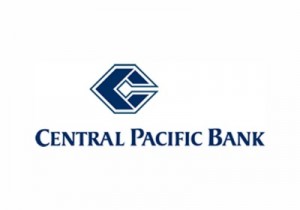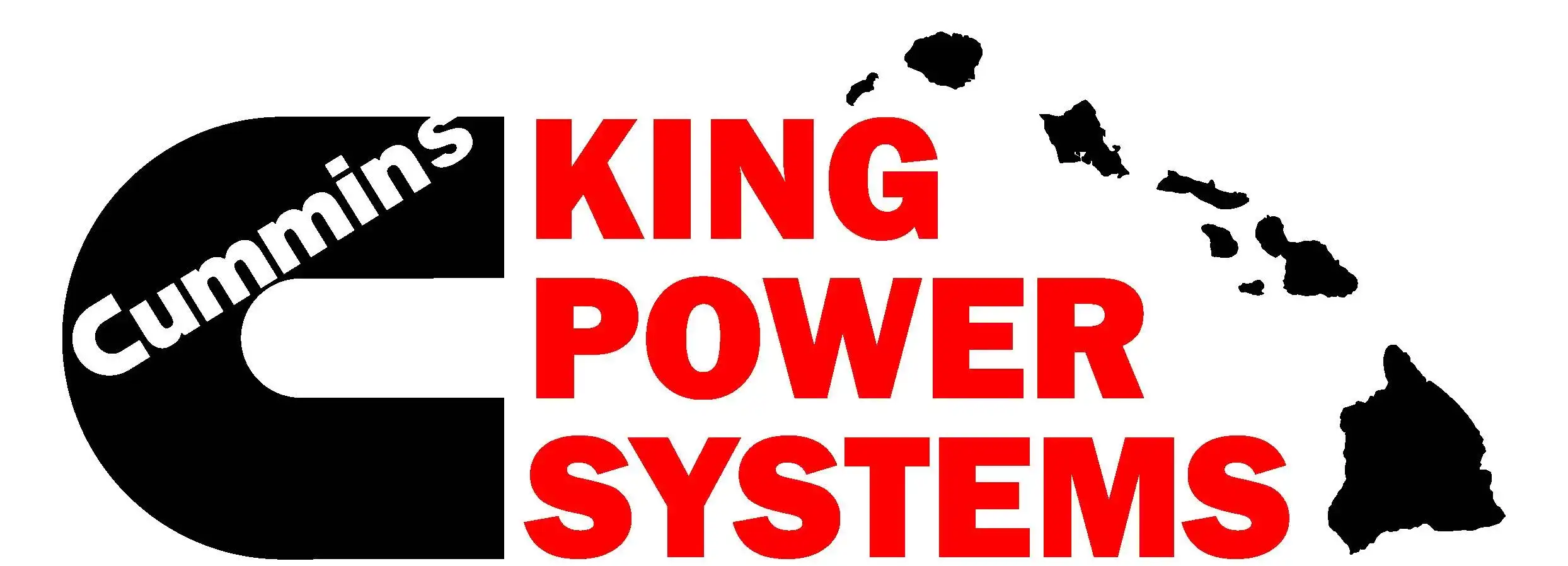Central Pacific Bank’s Parent Plans Reverse Stock Split to Avoid Regulatory Action
Over the past several months, the parent company of Central Pacific Bank (CPB), the Central Pacific Fund, Inc. (CPF) announced various transactions in connection with its proposed $325 recapitalization effort.
Receipt of a substantial amount of new capital is critical to the Company’s recovery. Without this new capital on a timely basis, CPB will likely experience further regulatory action.
First, affiliates of The Carlyle Group and Anchorage Capital Group, L.L.C., other institutional investors and certain CPF directors and officers and their affiliates have agreed to invest an aggregate of $325 million in CPF common stock in a private placement at a purchase price of $0.50 per share (or $10 per share after giving effect to the reverse stock split described below).
Secondly, the United States Department of the Treasury agreed to exchange its CPF preferred stock and accrued dividends into shares of CPF common stock having a value of approximately $55.8 million.
Thirdly, the closings of the private placement and the exchange are conditioned upon one another, the receipt of requisite regulatory approvals, a one-for-twenty reverse stock split of CPF common stock and other customary closing conditions.
The Company expects the closing to occur within the next month, assuming satisfaction of the remaining conditions to closing.
In anticipation of the closing and in order to facilitate closing at the earliest possible date, the Company plans to promptly file an amendment to its articles of incorporation with the Department of Commerce and Consumer Affairs of the State of Hawaii (DCCA) to effectuate the reverse stock split, which would become effective upon the filing, contingent upon acceptance of the filing by the DCCA.
The Company will announce the effective date of the reverse stock split promptly following acceptance of the filing by the DCCA.
As previously announced and as part of the recapitalization, the Company intends to conduct a rights offering after the closing of the private placement and the exchange that will allow current shareholders or their transferees to purchase up to $20 million of common stock at the same purchase price per share as paid by the investors in the private placement.
Because closing depends upon the timing of satisfaction of all remaining closing conditions, the exact date cannot be determined at this time.
CPB has been subject to a consent order with the Federal Deposit Insurance Corporation and the Hawaii Division of Financial Institutions since December 9, 2009. Among numerous requirements, the consent order mandated CPB to increase its leverage capital ratio to 10% and total risk-based capital to 12% by March 31, 2010. CPB is past this deadline. Receipt of a substantial amount of new capital is critical to the Company’s recovery. Without this new capital on a timely basis, CPB will likely experience further regulatory action. In its report on the Company’s 2009 financial statements, KPMG LLP, the Company’s auditors, expressed substantial doubt regarding the Company’s ability to continue as a going concern. The Company has determined that, given the urgency of the need for additional capital, any delay in completing the recapitalization on the earliest possible date would jeopardize the transaction.
The Board of Directors of the Company and its Audit Committee determined that the delay necessary in securing shareholder approval prior to the issuance of common stock in the private placement and the exchange would seriously jeopardize the financial viability of the Company. Because of that determination, both the Board of Directors and the Audit Committee expressly approved the Company’s omission to seek the shareholder approval that would otherwise have been required. The NYSE has approved the Company’s application under Section 312.05 of the LCM.
The Company, in reliance on the exception in Section 312.05 of the LCM, is mailing to all shareholders a letter notifying them of its intention to issue the common stock in the private placement and the exchange without seeking their approval.










